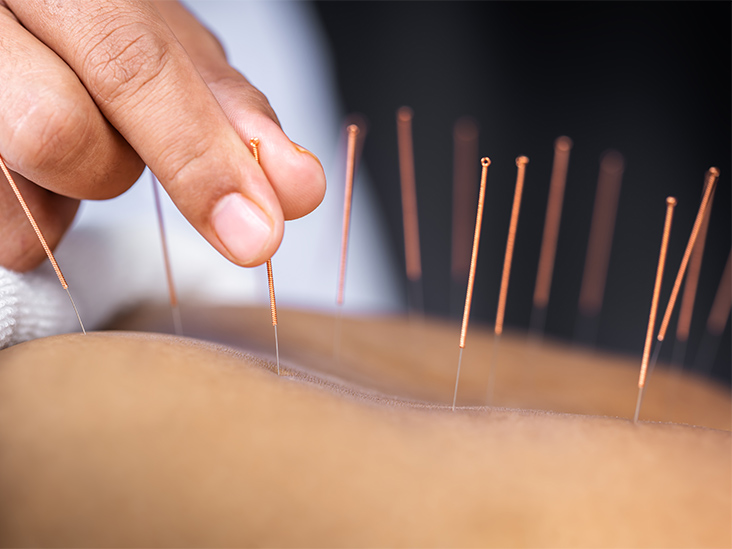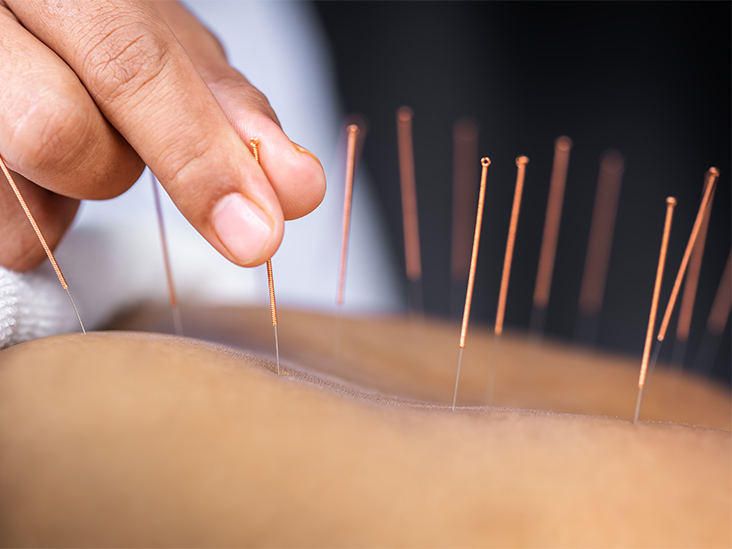Plantar fasciitis affects up to two million people each year, and one out of every ten adults will develop it at some point in their lives.
Plantar fasciitis is an inflammation or irritation of the plantar fascia, a thick band of tissue that runs along the bottom of your foot, linking your heel to your toes and supporting your arch. The fascia also serves as a shock absorber, but it can become bruised, swelled, or torn if it is continually pressured.
The swelling compresses structures such as nerves, tendons, and ligaments, as well as the plantar fascia, causing significant pain.
Plantar fasciitis usually causes pain when you first put your feet on the floor in the morning or after a period of inactivity. It frequently improves as they begin to walk during the day, only to deteriorate again by nighttime.
Here’s everything you need to know about acupuncture as a treatment option for plantar fasciitis.
Acupuncture for plantar fasciitis
There have been very few, randomized controlled trials on acupuncture in the context of plantar fasciitis.
Researchers put 53 patients into two groups in a small but crucial randomized controlled experiment published in the journal Evidence-Based Complementary and Alternative Medicine to see how well acupuncture alleviated pain from plantar fasciitis.
The treatment group had needles put at a point thought to be responsible for particular heel pain reduction, whereas the control group had needles inserted at a point thought to be responsible for general pain relief. Both groups were given “therapy” five times a week for two weeks and were asked to rate their level of heel discomfort on a 100-point scale each morning.
Patients in the therapy group had lower pain scores than those in the control group one month later. Acupuncture using the specific point for heel pain was found to be beneficial by the researchers.
The majority of other published research consists of systematic reviews of previous findings. While these reviews don’t create new findings, they might be beneficial in compiling and summarizing the body of acupuncture knowledge.
Between 2012 and 2019, at least five such evaluations were done, with variable results. According to a 2017 study published in the Singapore Medical Journal, acupuncture was beneficial in lowering plantar fasciitis discomfort for up to eight weeks but not longer.
Side effects of acupuncture
Acupuncture can cause minor side effects like soreness, bruising, or bleeding near the needle insertion site. People may feel dizzy or faint. Internal bleeding or injury to an internal organ, nerve damage, and convulsions are all rare adverse effects.
Complications may be more likely in some persons, such as those who have a known bleeding issue. According to a study published in Acupuncture in Medicine, those who have pacemakers should think carefully about getting acupuncture with electrical stimulation because it can cause the pacemaker to malfunction.
Cost of acupuncture for plantar fasciitis
The initial consultation is usually more expensive, costing between $100 and $300. Rates for subsequent sessions are typically between $50 and $100 each session, though they may be more in large metropolitan areas.
Acupuncture is increasingly becoming reimbursed by medical insurance, however only for specified diseases, such as low back pain, or with restricted types of therapists. There are still methods to save money if your insurance doesn’t cover acupuncture for plantar fasciitis.
Some clinics provide “community acupuncture,” in which patients receive treatments in a group environment or on a sliding basis. You might be able to get a discount if you buy a package of numerous sessions.

